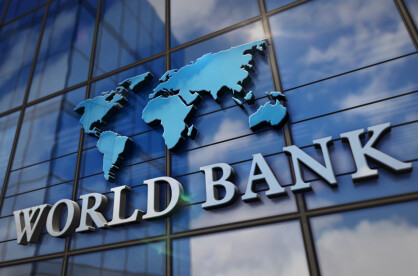The situation in India underscores the urgent need for effective climate adaptation strategies and substantial investments in infrastructure to mitigate the impacts of extreme weather. Governments must prioritize building resilient systems that can withstand the increasingly severe weather patterns driven by climate change. This includes investing in sustainable water management practices, enhancing public health infrastructure to cope with heat-related illnesses, and developing urban planning initiatives that can better handle the dual challenges of flooding and drought.
The plight of Delhi's residents is a stark reminder that while climate change is a global issue, its effects are profoundly local, impacting the day-to-day lives of millions in tangible ways. In 2024, India has been experiencing an unprecedented heatwave, with temperatures soaring above 52 degrees Celsius, particularly affecting the national capital, Delhi. On May 29, 2024, Delhi's Mungeshpur weather station recorded an all-time high temperature of 52.9 degrees Celsius, the highest ever in the city's history. This extreme heat has led to severe health issues, including heat-borne illnesses and exacerbated chronic conditions like heart disease and diabetes.
The intense heat has also caused a critical water shortage in Delhi, a city already struggling with water scarcity. The Yamuna River, Delhi's main water source, is running low, forcing the Delhi Jal Board to impose stricter water usage regulations. Residents who usually receive water twice a day now face even further restrictions, leading many to rely on water tankers for their daily needs.
The impact of the heatwave extends beyond health and water shortages. It has disrupted daily life significantly, causing power demand to surge to an all-time high of 8,302 megawatts. Many areas have experienced power outages and water shortages, compounding the difficulties faced by residents. The heat has also led to several fire incidents, including a tragic blaze at a children’s hospital in Delhi that resulted in the death of seven newborns.
Despite India’s long history of enduring severe heatwaves, the current crisis has highlighted significant shortcomings in planning and investment by Indian politicians. Residents of Delhi, in particular, have voiced their frustration, blaming the government for inadequate preparation and response.
Source: https://www.indiatoday.in/health/story/delhi-bakes-at-52degc-how-intense-heat-impacts-the-human-body-2545315-2024-05-29
https://www.independent.co.uk/climate-change/news/india-heatwave-delhi-temperature-highest-imd-weather-b2553793.html
https://globalnews.ca/news/10532354/india-delhi-heat-wave-record-high-temperature/






